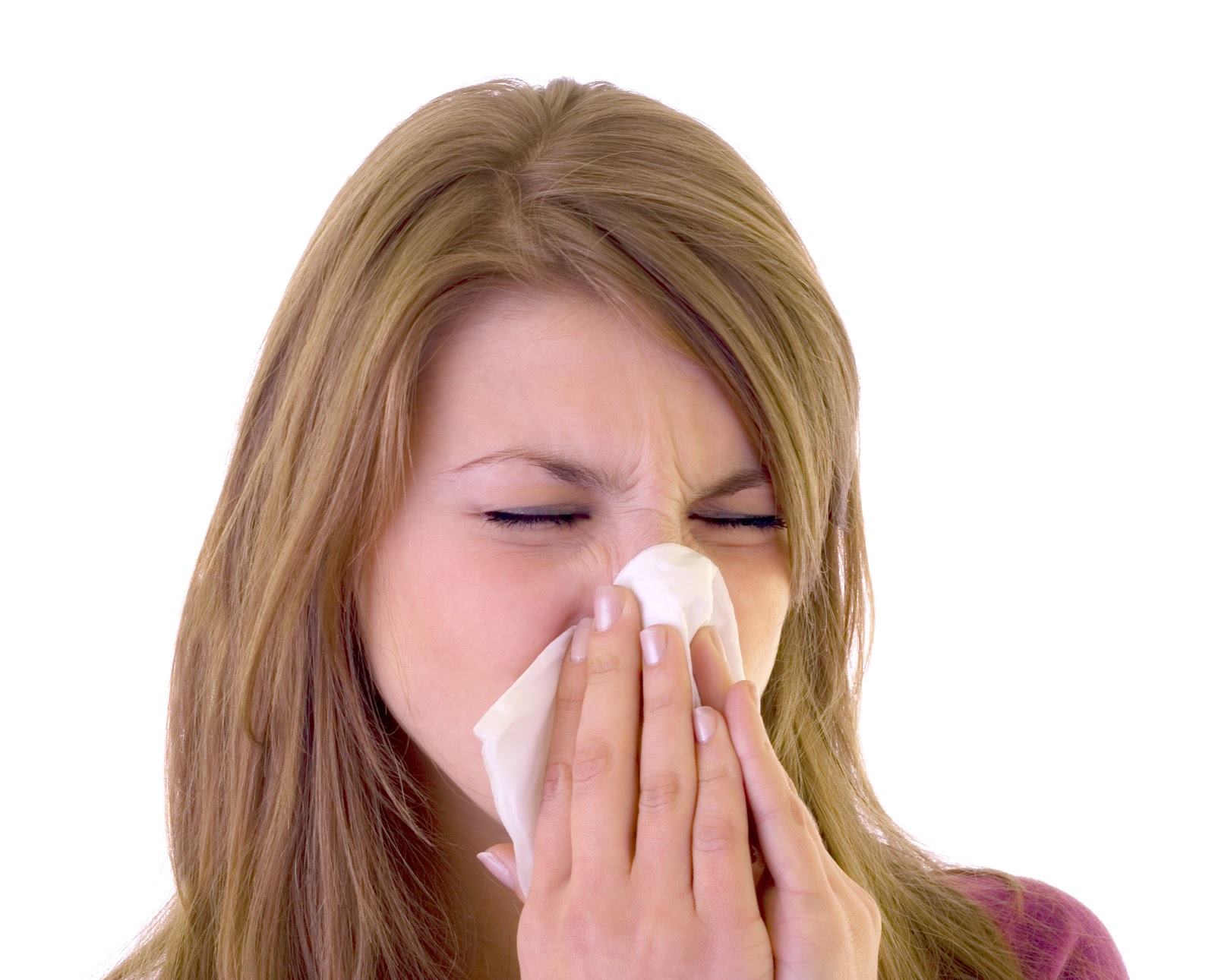If you have a sinus infection, it may become inflamed with thicker mucus that clogs your nasal passages. Your sinus will have increased pressure from fluid buildup. This can cause bacteria to become trapped, causing further infection to your lining. This is called sinusitis and can last 3-8 weeks. If you don’t find any quality medicine for sinusitis, you can develop a chronic condition that will last longer.

Medicines for Sinusitis
There are several medication choices to help speed up recovery and reduce the chance it will become chronic. Consult your doctor which medicine suits you best.
1. Decongestants
One common trigger of sinus infections is congestion. When you use decongestants, the sinuses can open and drain. Some options include:
- Oxymetazoline, phenylephrine, and others are common in nasal sprays. These are less likely to cause trouble with pseudoephedrine, while remaining effective. Please don’t use decongestants for longer than three days, or symptoms can become worse, known as the rebound effect.
- Pseudoephedrine is usually available without prescription, and can be used in combination with other medicines for a sinus remedy. The medication can cause a racing heart, insomnia or jitteriness. It is not recommended for people with high blood pressure or heart troubles. To be sure there are no interactions, check with your pharmacist about any medications you are on.
2. Antihistamines
Antihistamines are a great medicine for sinusitis. Antihistamines can help with nasal allergies that lead to infections and inflammation. Some doctors will advise against them because they can cause too much drying out and cause drainage to slow down. Some antihistamines are available over-the-counter while others need a prescription.
3. Nasal Steroids
Nasal steroids can help with inflammation and are available with prescription. These are best for those who are suffering from allergies; they don’t dry out the nasal passages quite as much as antihistamines. These are often used when a person needs medication for a longer period of time.
4. Nasal Spray
Nasal sprays are often saline-based and are safe for use. They provide relief by adding moisture to your dry nasal passages and helping to thin mucus secretions, flushing out bacteria, dust and dirt.
5. Antibiotics
Antibiotics are prescribed when your doctor suspects there may be a bacterial infection with your sinusitis. If you start taking an antibiotic, it is important to finish the course so the infection is killed off. Not every sinus infection will need antibiotic treatment. Antibiotics come with side effects and can lead to problems when taken too casually.
6. Expectorants
Expectorants are another great medicine for sinusitis. They help you cough mucus up, clearing the lungs. Guaifenesin is one of the most common types found in over-the-counter cough syrup. These medications are recommended for those with a cough related to sinusitis. They are not recommended for children younger than four.
7. Leukotriene Modifiers
Leukotriene modifiers can help with reducing inflammation in the lungs, nose, sinuses, eyes and skin caused by leukotrienes. They are used for those with aspirin sensitivity or nasal polyps and can be used in combination of nasal sprays and antihistamines. Some may elevate your liver enzymes, so work with your doctor on the right treatments.
8. Pain Relievers
Pain relievers such as ibuprofen, acetaminophen or naproxen can help you with relief from sinus pain.
Is Sinus Surgery Necessary?
If you find that drugs like antibiotics and others are not effective or if there are abnormalities such as polyps obstructing drainage, surgery may be recommended. An endoscope and general anesthesia are used to perform the surgery. Usually, you can get back to normal activities within a week of surgery. Full recovery takes about six weeks.
Natural Remedies for Sinusitis
Besides the choices of medicine for sinusitis, you can also try natural remedies for relief.
- To improve your blood flow to your sinuses, gently press the sides of your nose and squeeze for 15 seconds.
- Drink plenty of juice and water to stay hydrated and loosen your mucus, allowing it to drain. Avoid alcohol and caffeine because they will continue to dehydrate you.
- Get plenty of rest when you have a sinus infection because it will allow your body to heal.
- Steam inhalation is one of the best home remedies for sinusitis. Pour boiling water in a large bowl and cover with towel to breathe the steam in. A few drops of eucalyptus essential oil will help relieve congestion. You should also have a humidifier in your home.
- Keep your head elevated by using a few pillows to help relieve congestion.
- Herbal teas such as fennel, sage and peppermint can help with the sinus passages and drainage.
- Blow your nose, one nostril at a time. Blowing together will build more pressure in your ears, causing the bacteria to move further back into your sinuses.
- Use warm compresses to help relieve sinus pain and tenderness. Place a warm washcloth over your eyes, nose, jaw and cheek area.
- Add plenty of fruits and veggies to your diet because they are loaded with vitamins, minerals and antioxidants that can help your body repair itself by boosting immunity.
- Vitamin A should be eaten in the form of carrots, eggs, leafy greens, and tomatoes. This can help combat sinus infection and make your mucus membranes stronger.
When to See Your Doctor
You need to seek medical help if:
- You have symptoms that last two weeks or longer, or a cold that gets worse after the first week.
- Your headache is not relieved by standard medication.
- Fever is present.
- You have symptoms after finishing your antibiotics.
- Your vision has changed during the infection.
